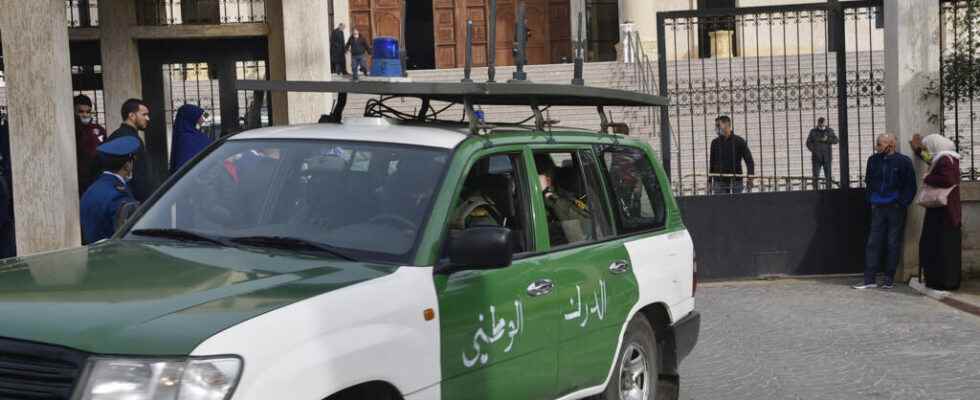In Algeria, nine people were sentenced Monday, January 2 to 10 years in prison for ” smuggling and speculation “. They are seven Tunisians and two Algerians arrested in the city of Tébessa, in eastern Algeria, for smuggling food products. The gendarmerie had seized on board a tourist bus ” a significant amount of subsidized food “. A sum of money of 4,000 dinars had also been seized. Faced with the extent of this smuggling phenomenon, Algeria and Tunisia have toughened their laws.
The phenomenon of parallel trade between Tunisia and Algeria, but also between Tunisia and Libya, is a widespread phenomenon which has worsened, according to economists. Getting into smuggling is sometimes the only option for many Tunisians in the west and south of the country, areas that have been neglected (marginalized) by the state for many years.
Faced with the scale of the phenomenon and the desire of two countries to fight against speculation, the Tunisian president decreed a law last March punishing this type of offense from 10 years in prison to life imprisonment. A similar law already existed in Algeria.
The borders between the two countries extend over 350 km and it is very difficult to fight against this trafficking.
Shortages in Tunisia due to the situation of public finances, according to specialists
For several months, Tunisia has been facing an increased shortage of foodstuffs, in particular the wheat it imports from Ukraine. This shortage is not only due to speculation and smuggling. According to specialists, it is mainly due to the situation of public finances, the missing products being essentially imported by the State.
Hatem Nafti, essayist and author of Tunisia, towards authoritarian populism, (published by Riveneuve in October 2022) accuses President Kaïs Saïed of lacking sincerity when he accuses speculators and smugglers of being behind the food shortage. A crisis due, according to him, to multiple and complex reasons.
“ The first reason is the economic crisis that Tunisia is experiencing and the deterioration of the sovereign rating, which means that many of its suppliers must be paid in cash, which has made many of its suppliers want to be paid in cash, which has fact that on several occasions, we have seen boats parked on the Tunisian coast and refusing to dock until they are paid. “says Hatem Nafti.
A phenomenon that has developed after the 2011 revolution »
As for the problem of smuggling, Hatem Nafti explains:
This is a problem that has always existed, particularly in the border regions where public services are not very developed, so there has been parallel trade for years, moreover both with Algeria and with Libya. The phenomenon that developed after the 2011 revolution because there was a setback.
The analysis of Hatem Nafti, essayist and author of “Tunisia, towards an authoritarian populism”
► Read also Smuggling forces Tunisia to massive food imports
